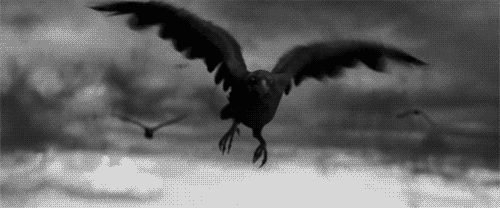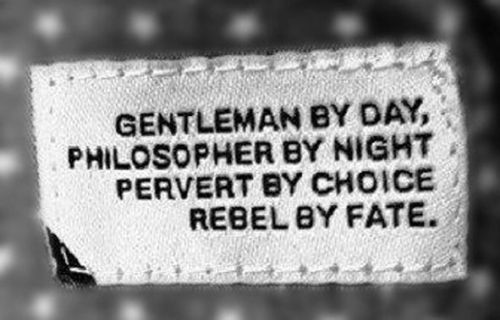The Daughter of Time is a 1951 novel by Josephine Tey. Born Elizabeth Mackintosh, she was also a well-known playwright. She used the pseudonym Gordon Daviot and her most successful play was Richard of Bordeaux. The Daughter of Time is undoubtedly the most popular of her crime novels and deals with the controversy of King Richard III in an innovative way.

The Daughter of Time (1951) brought the controversy surrounding Richard III and the Princes in the Tower to a wide public audience and is perhaps the most popular defense of Richard. This mystery novel addresses the issue of historical truth. Inspector Alan Grant, trapped in a hospital with a broken leg, is bored senseless. Because he fancies himself to be an expert on faces, his friend, Marta Hallard, a famous actress, gives him some portraits to study. In the portrait of Richard III, he sees power and suffering in the face of a man of conscience and integrity. Is it "a judge, a soldier, a prince? Someone used to great responsibility, and responsible in his authority. Someone too conscientious. A worrier, perhaps a perfectionist. A man at ease in large design but anxious over details. A candidate for a gastric ulcer." Grant is dismayed to discover that it is the portrait of one of the most infamous villains in history, the "monster" said to have murdered his nephews to obtain the crown of England. How could he have misjudged? Grant decides that he will read everything he can find to discern the truth of the matter. With his detective skills and reasoning ability, he hopes to solve the mystery the missing princes.
Tey keeps the pace lively by the constant activities of contemporary characters, while Grant's "flashbacks" to the past through the reading of historical sources guides the reader stepwise through the collection of evidence, such as it is, and the reasoning process. Grant's research is very similar to a modern day criminal investigation, except that the witnesses are long dead and left behind little tangible evidence. Grant cross-compares facts from the various sources to try to forge a logical scenario. He discovers that once an erroneous account is published, it is often unquestioningly accepted as true. Historians subsequent to Sir Thomas More (in particular, Hall and Holinshed) appear to have accepted More's account as indisputable, when in fact he could have only obtained his information secondhand (most likely from the highly-prejudiced Bishop Morton.) In today's courtroom, such "evidence" would be inadmissible as "hearsay." Josephine Tey/Gordon Daviot addresses the question, in this book and others: "How much of history is solidly grounded in fact, and how much is it malleable for the sake of political expediency?" In The Daughter of Time, Inspector Grant eventually tries to dig up sources contemporaneous with Richard III to eliminate the Tudor bias. In writing Richard III, Shakespeare's goal was to write a compelling drama, and historical accuracy was sacrificed for the sake of plot. Because it was widely believed in those days that Richard III had had his nephews murdered, he was a logical villain; Shakespeare only needed to superimpose exaggerated physical deformities and a Machiavellian-inspired personality to create an unforgettable character.
In The Daughter of Time, Grant bounces ideas off of the other people in his life--nurses, doctors, and acquaintances to illustrate the reactions of varying personalities to the information he discovers; this gives him opportunities to expound on his findings and theories. The characters include the previously-mentioned Marta Hallard, the busy, efficient, no-nonsense Nurse Ingham ("The Midget"), the sympathetic and helpful Nurse Ella Darroll ("The Amazon"), and Brent Carradine, an American student who obtains research materials for Grant and discusses the issues with him at length. This mystery demonstrates that once an idea, right or wrong, becomes "fixed" in a culture, people resist changing their opinions on the matter, even in the face of overwhelming contrary evidence.
Arguments presented in the book in defence of King Richard:
The Bill of Attainder brought by Henry VII against Richard III makes no mention whatsoever of the Princes. There never was any formal accusation, much less a verdict of guilt. The Princes were probably still alive when Richard's reign came to an end.
The mother of the Princes remained always in very good terms with Richard III. No mother would ever be so friendly towards the murderer of her children.
The title of the novel is taken from Bertolt Brecht's play Life of Galileo, in which the eponymous hero observes: "Truth is the daughter of time, not of authority."
























No comments:
Post a Comment